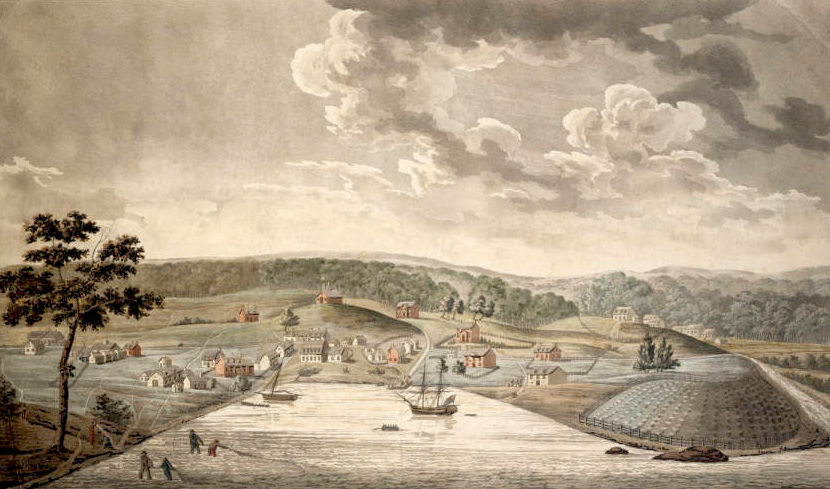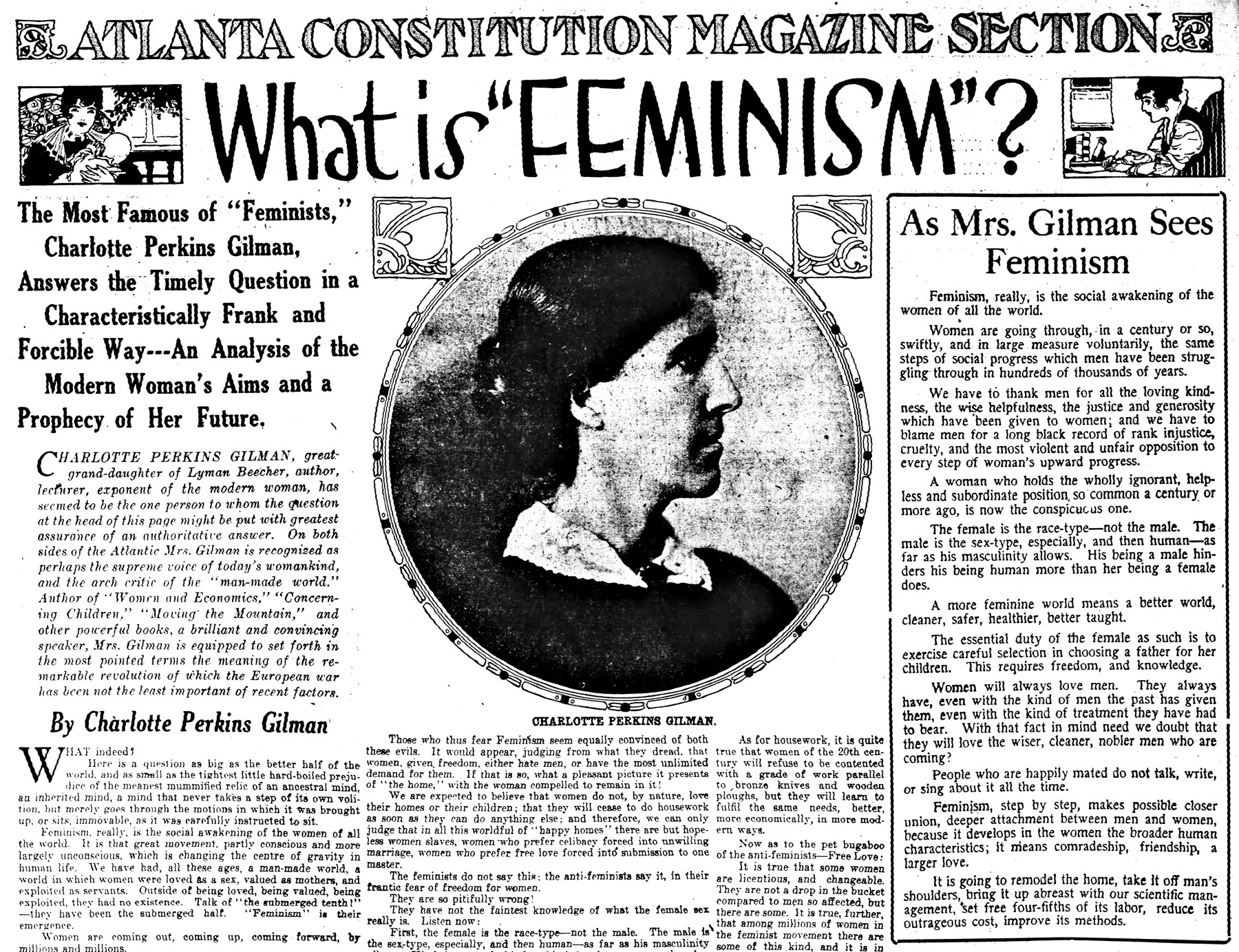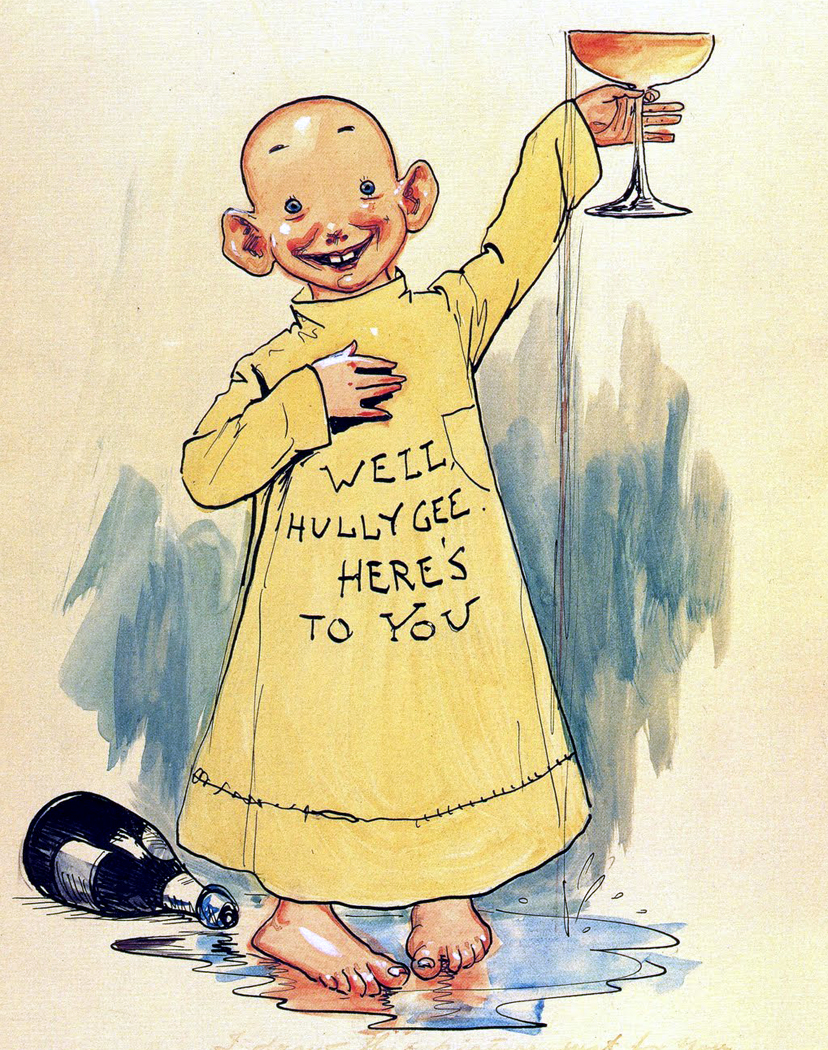|
Upton Sinclair
Upton Beall Sinclair Jr. (September 20, 1878 – November 25, 1968) was an American author, muckraker journalist, and political activist, and the 1934 California gubernatorial election, 1934 Democratic Party (United States), Democratic Party nominee for governor of California. He wrote nearly 100 books and other works in several genres. Sinclair's work was well known and popular in the first half of the 20th century, and he won the Pulitzer Prize for Fiction in 1943. In 1906, Sinclair acquired particular fame for his muckraking fictional novel, ''The Jungle'', which exposed the fictional labor and sanitary conditions in the U.S. meatpacking industry, causing a public uproar that contributed in part to the passage a few months later of the 1906 Pure Food and Drug Act and the Meat Inspection Act. In 1919, he published ''The Brass Check'', a muckraking Exposé (journalism), exposé of American journalism that publicized the issue of yellow journalism and the limitations of the " ... [...More Info...] [...Related Items...] OR: [Wikipedia] [Google] [Baidu] |
1934 California Gubernatorial Election
The 1934 California gubernatorial election was held on November 6, 1934. Held in the midst of the Great Depression, the 1934 election was amongst the most controversial in the state's political history, pitting conservative Republican Frank Merriam against former Socialist Party member turned Democratic politician Upton Sinclair, author of ''The Jungle''. A strong third party challenge came from Progressive Raymond L. Haight, a Los Angeles lawyer campaigning for the political center. Much of the campaign's emphasis was directed at Sinclair's EPIC movement, proposing interventionist reforms to cure the state's ailing economy. Merriam, who had recently assumed the governorship following the death of James Rolph, characterized Sinclair's proposal as a step towards communism. Democratic primary Candidates * George Creel, investigative journalist * Forest Dowey * William H. Evans * Z. T. Malaby * W. J. McNichols * Upton Sinclair, author and perennial Socialist Party ca ... [...More Info...] [...Related Items...] OR: [Wikipedia] [Google] [Baidu] |
The Brass Check
''The Brass Check'' is a muckraking exposé of American journalism by Upton Sinclair published in 1919. It focuses mainly on newspapers and the Associated Press wire service, along with a few magazines. Other critiques of the press had appeared, but Sinclair reached a wider audience with his personal fame and lively, provocative writing style. Among those critiqued was William Randolph Hearst, who made routine use of yellow journalism in his widespread newspaper and magazine business. Sinclair called ''The Brass Check'' "the most important and most dangerous book I have ever written." The University of Illinois Press released a new edition of the book in 2003, which contains a preface by Robert W. McChesney and Ben Scott. Sinclair opted not to copyright the text in an effort to maximize its readership. For much of Sinclair's career he was known as a "two book author": for writing ''The Jungle'' and ''The Brass Check.''McChesney, Robert W. and Scott, Ben"Upton Sinclair and the ... [...More Info...] [...Related Items...] OR: [Wikipedia] [Google] [Baidu] |
Baltimore
Baltimore is the most populous city in the U.S. state of Maryland. With a population of 585,708 at the 2020 census and estimated at 568,271 in 2024, it is the 30th-most populous U.S. city. The Baltimore metropolitan area is the 20th-largest metropolitan area in the country at 2.84 million residents. The city is also part of the Washington–Baltimore combined statistical area, which had a population of 9.97 million in 2020. Baltimore was designated as an independent city by the Constitution of Maryland in 1851. Though not located under the jurisdiction of any county in the state, it forms part of the central Maryland region together with the surrounding county that shares its name. The land that is present-day Baltimore was used as hunting ground by Paleo-Indians. In the early 1600s, the Susquehannock began to hunt there. People from the Province of Maryland established the Port of Baltimore in 1706 to support the tobacco trade with Europe and established the Town ... [...More Info...] [...Related Items...] OR: [Wikipedia] [Google] [Baidu] |
Pulitzer Prize For Fiction
The Pulitzer Prize for Fiction is one of the seven American Pulitzer Prizes that are annually awarded for Letters, Drama, and Music. It recognizes distinguished fiction by an American author, preferably dealing with American life, published during the preceding calendar year. As the Pulitzer Prize for the Novel (awarded 1918–1947), it was one of the original Pulitzers; the program was Inauguration, inaugurated in 1917 with seven prizes, four of which were awarded that year (no Novel prize was awarded in 1917, the first one having been granted in 1918). The name was changed to the Pulitzer Prize for Fiction in 1948, and eligibility was expanded to also include Short story, short stories, Novella, novellas, Novella, novelettes, and poetry, as well as novels. Finalists have been announced since 1980, usually a total of three. Definition As defined in the original Plan of Award, the prize was given "Annually, for the American novel published during the year which shall best presen ... [...More Info...] [...Related Items...] OR: [Wikipedia] [Google] [Baidu] |
Oil!
''Oil!'' is a novel by Upton Sinclair, first published in 1926–27 and told as a third-person narrative, with only the opening pages written in the first person. The book was written in the context of the Warren Harding, Harding administration's Teapot Dome scandal and takes place in Southern California. It is a social and political satire skewering the human foibles of all its characters. The main character is James Arnold Ross Jr., nicknamed Bunny, son of an oil tycoon. Bunny's sympathetic feelings toward oilfield workers and socialists provoke arguments with his father throughout the story. The beginning of the novel served as a loose inspiration for the 2007 film ''There Will Be Blood''. Characters *James Arnold Ross (aka Dad), a self-made oil millionaire. *James Arnold "Bunny" Ross Jr., the protagonist; the only son of a self-made oil millionaire *Paul Watkins, a farmer's son who runs away from home, is tutored by a Freethought, free thinker, and becomes an advocate for t ... [...More Info...] [...Related Items...] OR: [Wikipedia] [Google] [Baidu] |
The Coal War
''The Coal War'' is a novel by Upton Sinclair Upton Beall Sinclair Jr. (September 20, 1878 – November 25, 1968) was an American author, muckraker journalist, and political activist, and the 1934 California gubernatorial election, 1934 Democratic Party (United States), Democratic Party .... It is a sequel to '' King Coal'' and documents the continuing exploits of that novel's protagonist, Hal Warner. When Sinclair submitted the novel for publication in 1917, it was rejected as being insufficiently interesting from a novelistic standpoint. After this, the manuscript remained in limbo until 1976, when it was finally published by the Colorado Associated University Press. The book was published eight years after Sinclair's death. References 1976 American novels Novels by Upton Sinclair Sequel novels Books published by university presses of the United States Novels published posthumously {{1970s-hist-novel-stub ... [...More Info...] [...Related Items...] OR: [Wikipedia] [Google] [Baidu] |
King Coal
''King Coal'' is a 1917 novel by Upton Sinclair that describes the poor working conditions in the coal mining industry in the western United States during the 1910s, from the perspective of a single protagonist, Hal Warner. The book is based on the 1913-1914 Colorado coal strikes. The sequel to ''King Coal'' was posthumously published under the title, '' The Coal War.'' As in his earlier work, ''The Jungle'', Sinclair uses the novel to express his socialist viewpoint. Plot Hal Warner, a rich young fellow determined to find the truth for himself about conditions in the mines, runs away from home and adopts the alias "Joe Smith." After being turned away by one coal mine for fear of Hal being a union organizer, he gets a job in another coal mine operated by the General Fuel Company, or GFC. In the mines he befriends many of the workers, and realizes their misery and exploitation at the hands of the bosses. He befriends Mary Burke, who is a passionate fighter for the workers' rig ... [...More Info...] [...Related Items...] OR: [Wikipedia] [Google] [Baidu] |
Progressive Era
The Progressive Era (1890s–1920s) was a period in the United States characterized by multiple social and political reform efforts. Reformers during this era, known as progressivism in the United States, Progressives, sought to address issues they associated with rapid technological and industrial history of the United States, industrialization, urbanization in the United States, urbanization, immigration to the United States, immigration, and corruption in the United States, political corruption, as well as the concentration of industrial ownership in monopoly, monopolies. Reformers expressed concern about slums, poverty in the United States, poverty, and labor conditions. Multiple overlapping movements pursued social, political, and economic reforms by advocating changes in governance, scientific methods, and professionalism; regulating business; environmental protection, protecting the natural environment; and seeking to improve urban living and working conditions. Corru ... [...More Info...] [...Related Items...] OR: [Wikipedia] [Google] [Baidu] |
Time (magazine)
''Time'' (stylized in all caps as ''TIME'') is an American news magazine based in New York City. It was published Weekly newspaper, weekly for nearly a century. Starting in March 2020, it transitioned to every other week. It was first published in New York City on March 3, 1923, and for many years it was run by its influential co-founder, Henry Luce. A European edition (''Time Europe'', formerly known as ''Time Atlantic'') is published in London and also covers the Middle East, Africa, and, since 2003, Latin America. An Asian edition (''Time Asia'') is based in Hong Kong. The South Pacific edition, which covers Australia, New Zealand, and the Pacific Islands, is based in Sydney. Since 2018, ''Time'' has been owned by Salesforce founder Marc Benioff, who acquired it from Meredith Corporation. Benioff currently publishes the magazine through the company Time USA, LLC. History 20th century ''Time'' has been based in New York City since its first issue published on March 3, 1923 ... [...More Info...] [...Related Items...] OR: [Wikipedia] [Google] [Baidu] |
Code Of Ethics
Ethical codes are adopted by organizations to assist members in understanding the difference between right and wrong and in applying that understanding to their decisions. An ethical code generally implies documents at three levels: codes of business ethics, codes of conduct for employees, and codes of professional practice. Code of ethics or code of conduct? (Corporate or business ethics) Many organizations use the phrases ''ethical code'' and ''code of conduct'' interchangeably, but it may be useful to make a distinction. A code of ethics will start by setting out the values that underpin the code and will describe an organization's obligation to its stakeholders. The code is publicly available and addressed to anyone with an interest in that organization's activities and the way it operates. It will include details of how the organization plans to implement its values and vision, as well as guidance to staff on ethical standards and how to achieve them. However, a code of ... [...More Info...] [...Related Items...] OR: [Wikipedia] [Google] [Baidu] |
Yellow Journalism
In journalism, yellow journalism and the yellow press are American newspapers that use eye-catching headlines and sensationalized exaggerations for increased sales. This term is chiefly used in American English, whereas in the United Kingdom, the similar term ''tabloid journalism '' is more common. Other languages, e.g. Russian (:ru:Жёлтая пресса, жёлтая пресса ''zhyoltaya pressa''), sometimes have terms derived from the American term. Yellow journalism emerged in the intense battle for readers by two newspapers in New York City in the 1890s. It was not common in other cities. Joseph Pulitzer purchased the ''New York World'' in 1883 and told his editors to use sensationalism, crusades against corruption, and lavish use of illustrations to boost circulation. William Randolph Hearst then purchased the rival ''New York Journal'' in 1895. They engaged in an intense circulation war, at a time when most men bought one copy every day from rival street vendors ... [...More Info...] [...Related Items...] OR: [Wikipedia] [Google] [Baidu] |
Exposé (journalism)
Investigative journalism is a form of journalism in which reporters deeply investigate a single topic of interest, such as serious crimes, racial injustice, political corruption, or corporate wrongdoing. An investigative journalist may spend months or years researching and preparing a report. Practitioners sometimes use the terms "watchdog reporting" or "accountability reporting". Most investigative journalism has traditionally been conducted by newspapers, wire services, and freelance journalists. With the decline in income through advertising, many traditional news services have struggled to fund investigative journalism, due to it being very time-consuming and expensive. Journalistic investigations are increasingly carried out by news organizations working together, even internationally (as in the case of the Panama Papers, Paradise Papers and Pandora Papers), or by nonprofit outlets such as ProPublica, which rely on the support of the public and benefactors to fund the ... [...More Info...] [...Related Items...] OR: [Wikipedia] [Google] [Baidu] |







